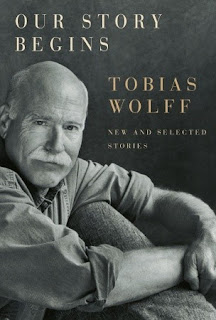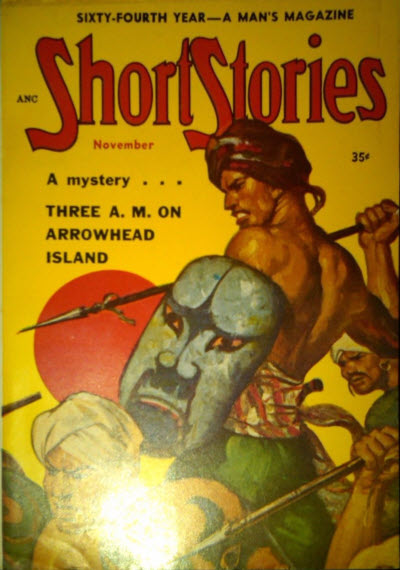"The Country of the Kind" by Damon Knight, The Magazine of Fantasy and Science Fiction, February 1956, edited by "Anthony Boucher" (William White); can be read here.
"Mary" by Damon Knight, Galaxy Magazine, June 1964, edited by Frederik Pohl (who for the magazine's purposes retitled the story "An Ancient Madness"); can be read here.
"Bullet in the Brain" by Tobias Wolff, The New Yorker, 25 September 1995, edited by Tina Brown; can be read here or here.
A few days ago, participants on the Rara-Avis hardboiled and noir crime fiction discussion list mentioned how much they enjoyed Wolff's rather short story, which moved me to (finally) read it; a day later, on the FictionMags discussion list, heavily but not exclusively devoted to fantastic fiction (among other sorts as published in, oddly enough, fiction magazines), mention was made of a Damon Knight story, "Mary" of which I had no memory (sadly, this is becoming increasingly common an occurrence as I enter my dotage); a devoted fan of Knight's work (and one who has read most but not all of that work), I refreshed the memory. And in doing so, I was reminded of Knight's brilliant story, "The Country of the Kind", which I have mentioned on the blog before, as one that was hugely influential on me upon reading it first as a child. It's a better story than the not-bad but somewhat more slight later Knight novelette, and in some ways prefigures the Wolff. You could spend worse afternoons than reading all three. You definitely might want to do so before reading the commentary below.
Somewhat perversely, this 1976 selection of his own work includes "Mary" but excludes "The Country of the Kind". His 1991 entry in the Author's Choice Monthly series, God's Nose, again choosing from his own work, actually averages a bit better, though is too slim a collection. Even though it slights his later work and some excellent novellas (and several good novels--finally--at the end of his career), this omnibus of his first four short-fiction collections (Far Out, In Deep, Off Center and Turning On) is the best one-volume introduction...though copies of the God's Nose volume and the Best of would be, even together, more portable!
Includes "Bullet in the Brain", first collected in Wolff's 1996 volume The Night in Question.


.jpg)




